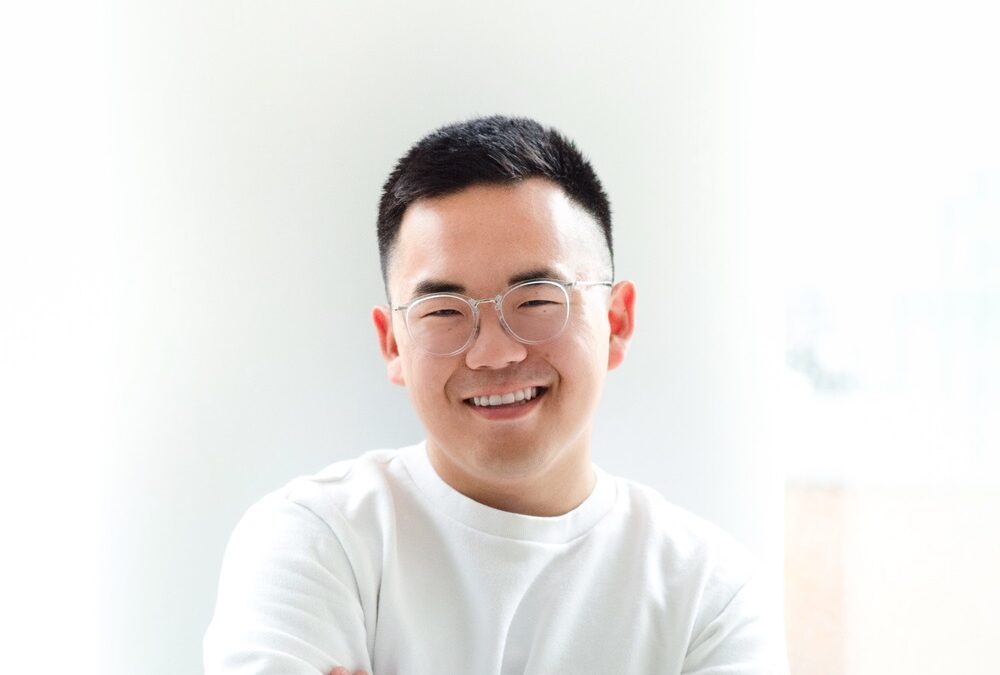
by Michele Kirichanskaya | Feb 5, 2025 | Blog
Jinwoo Chong is the author of the novel Flux, a finalist for the PEN/Hemingway and VCU Cabell First Novel awards, a New York Times Book Review Editors’ Choice, and named a best book of the year by Esquire, GQ, and Cosmopolitan. His short stories and other work have...
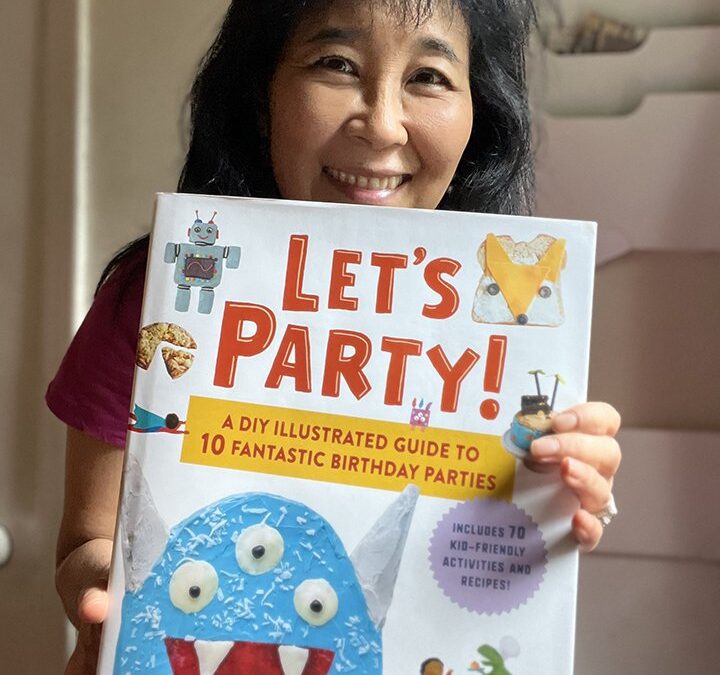
by Michele Kirichanskaya | Jan 31, 2025 | Blog, Featured
Melissa Iwai is an award-winning author/illustrator of over thirty picture books, including Soup Day, Pizza Day, Dumplings for Lili, which is a Crystal Kite Award winner and Bank Street Best Book. Her I Can Read Series, Gigi and Ojiji, is...
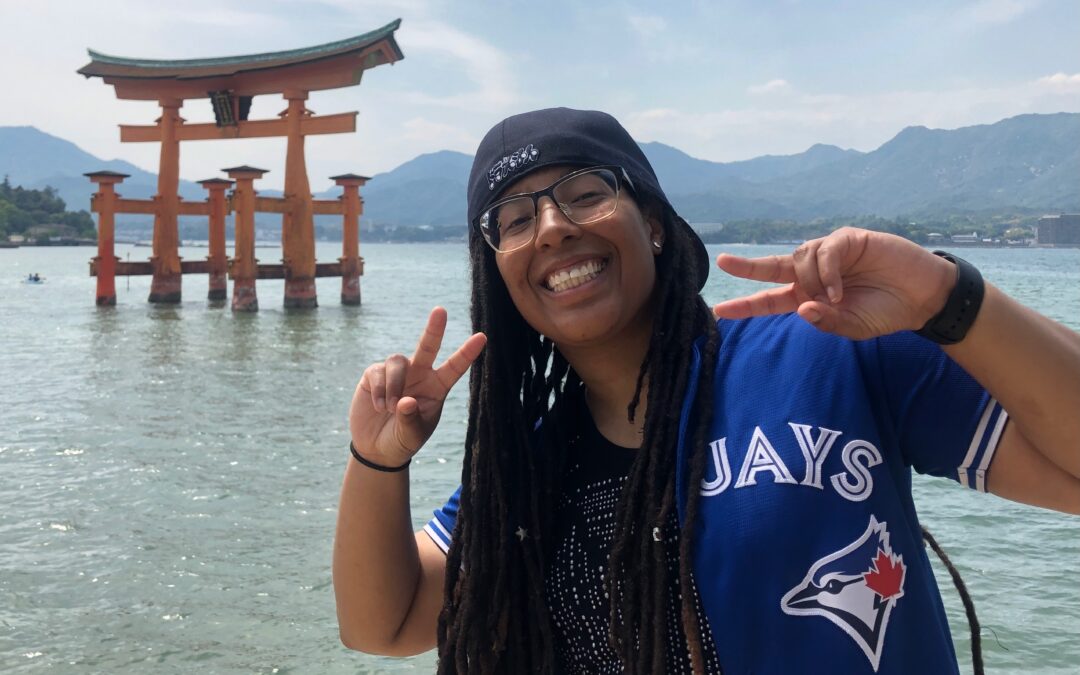
by Michele Kirichanskaya | Jan 29, 2025 | Blog
M.C. Hutson is a booktoker, author and host of A Very Sapphic Podcast. She was born and raised in Toronto, Canada. When M.C. isn’t reading, reviewing, writing or talking about gay shit on her podcast, you can find her in the kitchen replicating recipes she finds on...
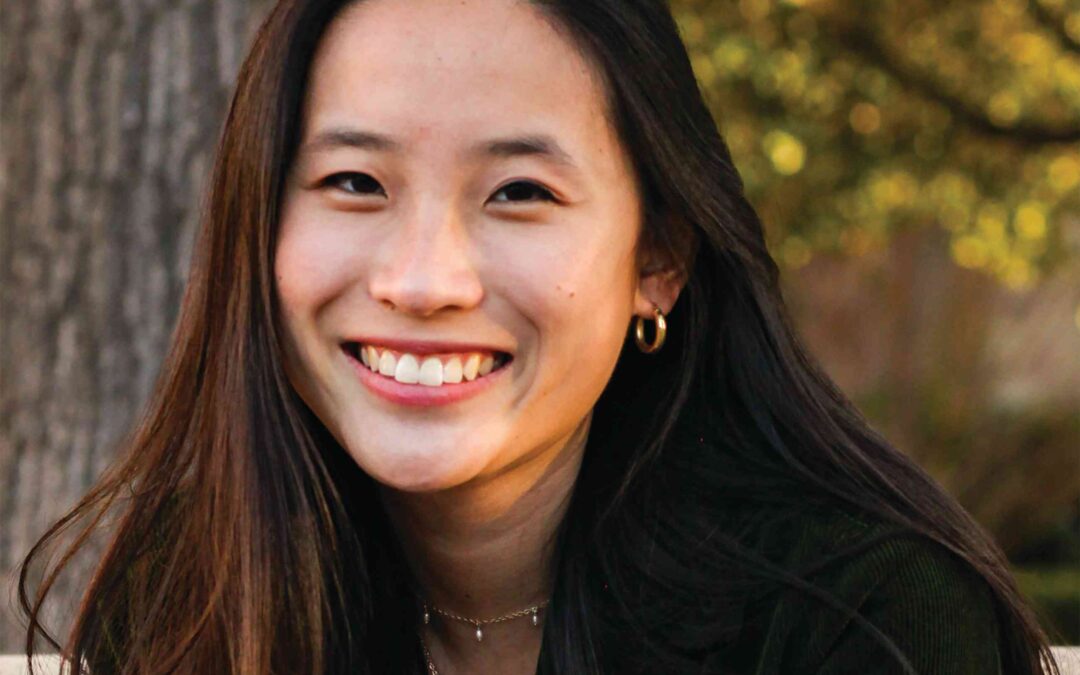
by Michele Kirichanskaya | Jan 25, 2025 | Blog
Christina Li is the author of the middle grade novels Clues to the Universe and Ruby Lost and Found, which won the Asian/Pacific American Award for Children’s Literature, as well as the forthcoming teen novel True Love and Other Impossible Odds. At any given...
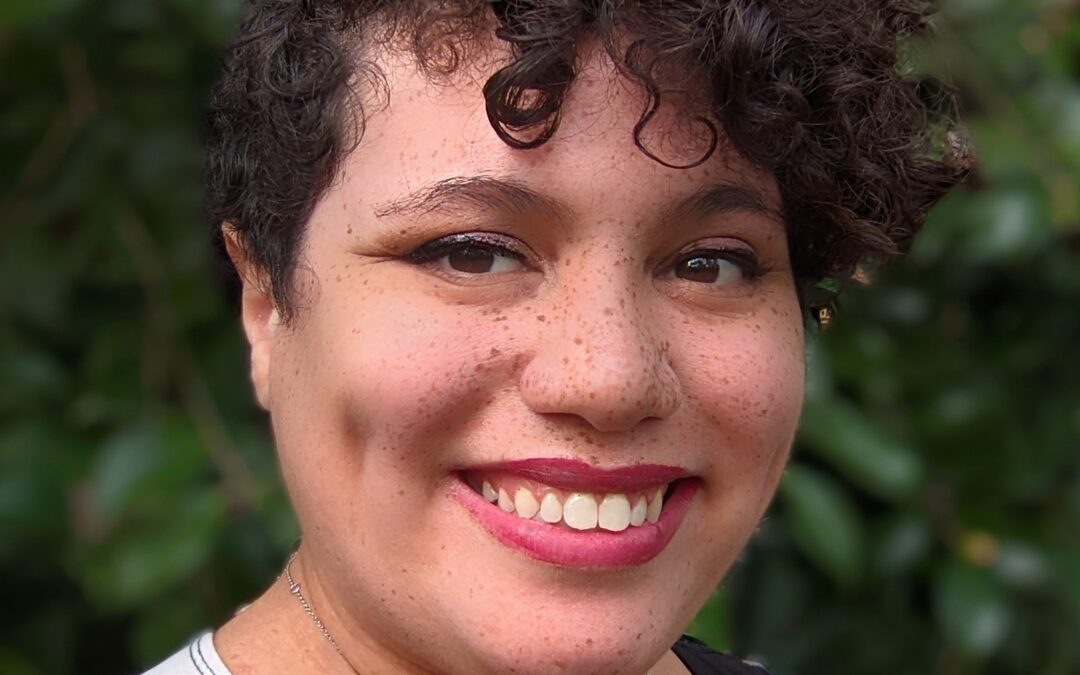
by Michele Kirichanskaya | Jan 22, 2025 | Blog
Kimberly Lemming is a USA Today bestselling author who is on an eternal quest to avoid her calling as a main character. She can be found giving the slip to that new werewolf that just blew into town and refusing to make eye contact with a prince of a far-off land....
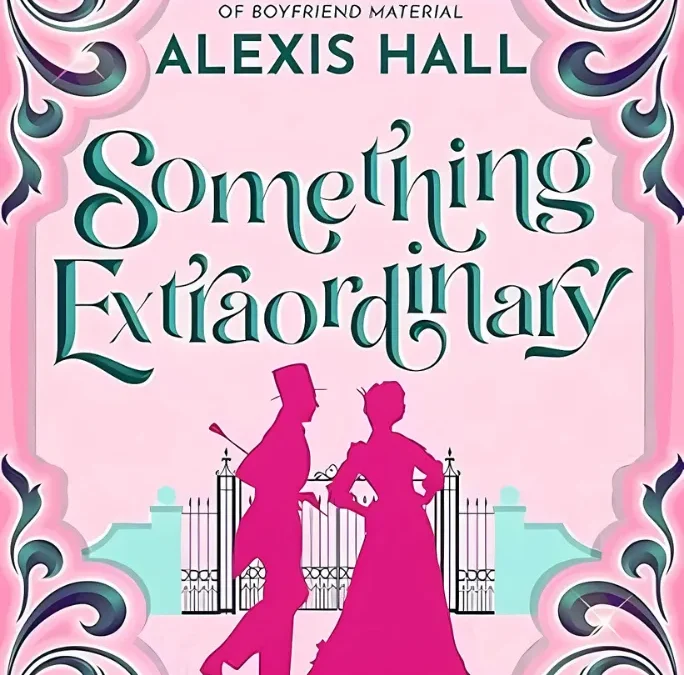
by Michele Kirichanskaya | Jan 17, 2025 | Blog
Alexis Hall (whatever pronouns) does not like writing biographies or talking about himself in the third person. She lives in southeast England with their extensive collection of hats and four angry duckchildren. I had the opportunity to interview Alexis, which you can...







